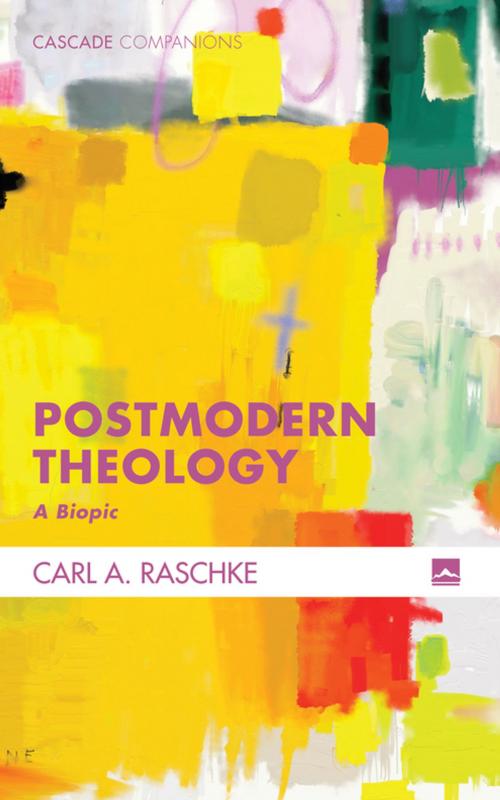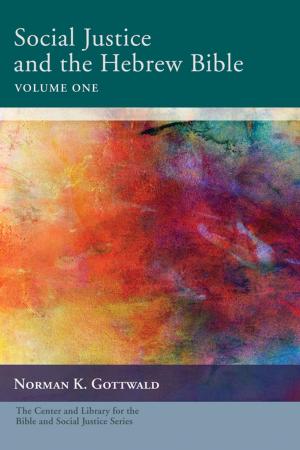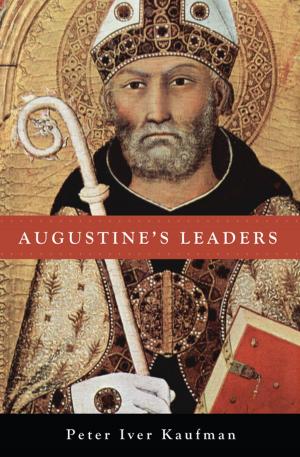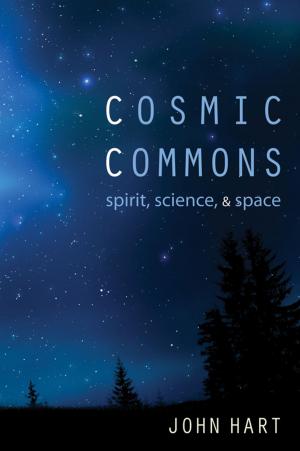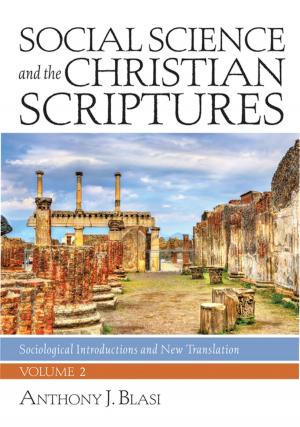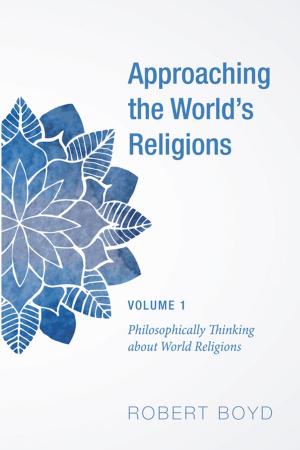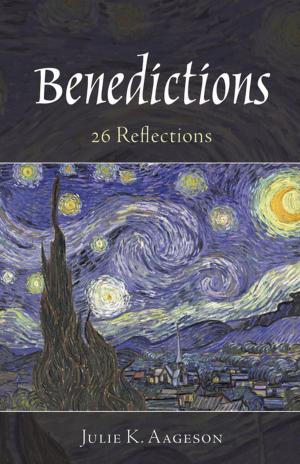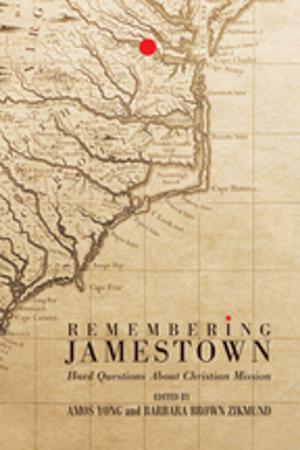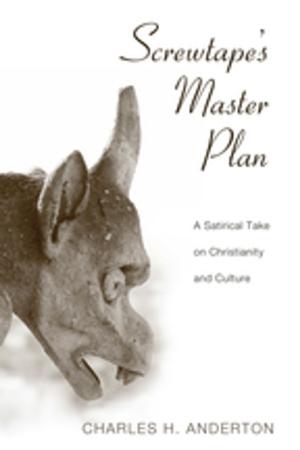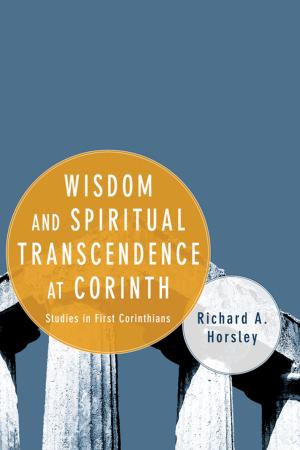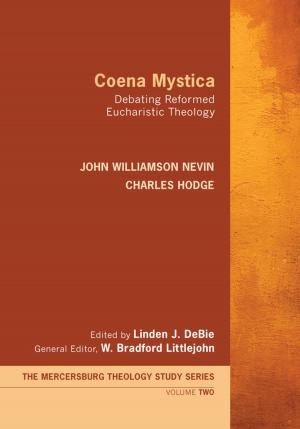| Author: | Carl A. Raschke | ISBN: | 9781498203883 |
| Publisher: | Wipf and Stock Publishers | Publication: | July 12, 2017 |
| Imprint: | Cascade Books | Language: | English |
| Author: | Carl A. Raschke |
| ISBN: | 9781498203883 |
| Publisher: | Wipf and Stock Publishers |
| Publication: | July 12, 2017 |
| Imprint: | Cascade Books |
| Language: | English |
Postmodern Theology consists in a sharp-edged retrospective and reflection on the forty-year history of the most important movement in contemporary religious thought that is only now passing from the scene. The author, Dr. Carl Raschke, is generally credited with having sparked the movement, even if he did not always happen to be its leading spokesperson. Not only has a comprehensive survey of postmodern theology in all its different phases and complexity not been published prior to the appearance of this book, but it is even more remarkable for someone who both "launched" it and had a central role in shepherding it along to offer what may be termed a "movement memoir." Postmodern Theology surveys and summarizes the major figures and trends that have given currency to such familiar expressions as "deconstruction," "deconstructive theology," "radical theology," "a/theology," "God is dead," and of course, "postmodernism" itself. Dr. Raschke also contextualizes the emergence of these catchy phrases from a frothy soup of new intellectual theories and philosophical innovations, which were international in scope but customized for both academic and popular religious writers--mainly in Britain and America--from the late 1960s onward.
Postmodern Theology consists in a sharp-edged retrospective and reflection on the forty-year history of the most important movement in contemporary religious thought that is only now passing from the scene. The author, Dr. Carl Raschke, is generally credited with having sparked the movement, even if he did not always happen to be its leading spokesperson. Not only has a comprehensive survey of postmodern theology in all its different phases and complexity not been published prior to the appearance of this book, but it is even more remarkable for someone who both "launched" it and had a central role in shepherding it along to offer what may be termed a "movement memoir." Postmodern Theology surveys and summarizes the major figures and trends that have given currency to such familiar expressions as "deconstruction," "deconstructive theology," "radical theology," "a/theology," "God is dead," and of course, "postmodernism" itself. Dr. Raschke also contextualizes the emergence of these catchy phrases from a frothy soup of new intellectual theories and philosophical innovations, which were international in scope but customized for both academic and popular religious writers--mainly in Britain and America--from the late 1960s onward.
